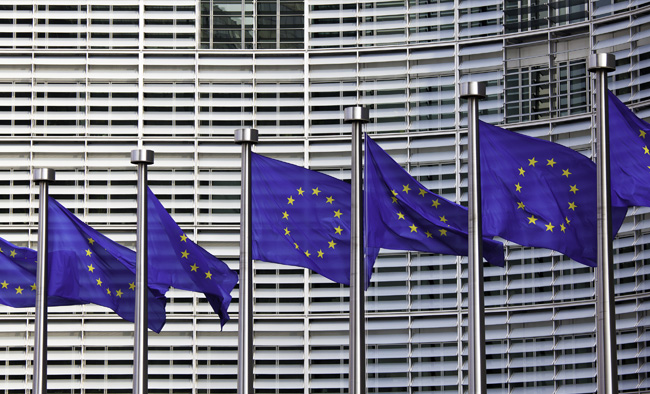Critical raw materials are key to the green and digital transitions as well as to other EU priorities such as EU resilience and security. They are essential components of green technologies used in digital applications and are crucial to the defence, aerospace and health industries. The Commission put forward a Critical Raw Materials Act (CRMA) to secure a sustainable supply. The CRMA was set notably to identify strategic projects along the value chain and build up strategic reserves where supply is a risk. The initiative is based on 3 pillars:
I. Developing the critical raw materials value chain in the EU
II. Boosting the diversification of supply and partnering in a mutually beneficial manner in support of global production
III. Fostering sustainable sourcing and promoting circularity
How precious metals contribute to Critical Raw Materials Act
Precious metals are strategic and critical raw materials due to their increased demand in energy and digital transitions. Solar PV, wind turbines, hydrogen fuel cells, power cables, and digital technologies all contain precious metals. Worth noting, precious metals are used in a wide range of applications, and there is currently no technically feasible alternatives.
The EPMF Key messages
Tangible actions and speed for implementation of the CRMA
Reference to consistency with other EU policies, and especially the REACH revision
Effective implementation of the EU waste policy framework to boost collection and sorting of products containing precious metals and to guarantee a high-quality recycling
Replace CRMA benchmarks for platinum group metals with effective measures
For more detailed information, please see the EPMF’s Position Paper on CRMA here.
| Critical Raw Materials are a key element of the EPMF Sustainability Platform. |

Useful to know:
DG Growth Critical Raw Materials webpage.
Silver is well known as a precious metal, but it has many unique properties that make it useful in industrial applications:
- highest electrical conductivity of all metals
- high reflectivity
- high ductility
- high malleability
- antibacterial properties
Silver has found applications in various technologies over time. Today, it is critical for the next generation of technological advancements, from electronics to renewable energy and electric vehicles.
The recycling of platinum contributes to a circular economy and sustainability. The recycling of platinum is an essential aspect of sustainability for the modern industry and energy sectors. Platinum is endlessly recyclable without a loss of quality.
Contact information:
France Capon
